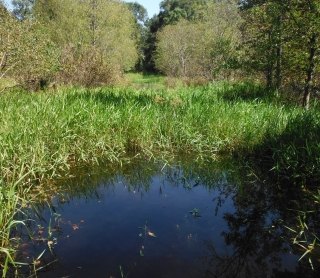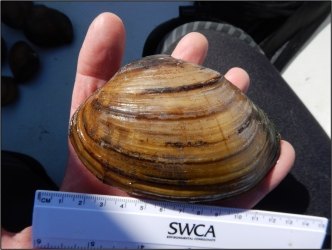
Since 2015, SWCA has provided various natural and cultural resource services for the City of Houston Northeast Water Purification Plant (NEWPP) Expansion Project. The project, partially funded by the Texas Water Development Board (TWDB), will increase the raw water capacity for the City of Houston by 320 million gallons per day. SWCA provided all services necessary to obtain environmental permits, including Section 404 CWA permitting, threatened and endangered (T&E) species clearances, and Phase I cultural resource surveys for the site, as well as associated state permitting. SWCA’s scope included obtaining an Individual Permit and leading all agency consultation, public notification, and preparing technical documentation for new intake and expansion of the water treatment facility.
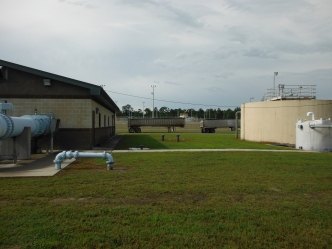
The USACE Section 404 Individual Permit was issued to authorize the unavoidable impacts to 23.87 acres of forested wetlands. The Revised Permittee-Responsible Mitigation (PRM) Plan for the City of Houston’s NEWPP established a 62.4-acre wetland mitigation site at Sheldon Lake State Park. The mitigation plan called for enhancement, restoration, and preservation efforts through the removal of Chinese tallow and other invasive vegetation as well as subsequent revegetation with native species. The Project Implementation Plan established maintenance and monitoring protocols that began after initial planting, both to maintain control of Chinese tallow and to monitor transplanted trees and vegetation. SWCA began initial Chinese tallow eradication efforts in November 2017 and is currently in year 4 of 6 conducting success criteria monitoring of the mitigation site. SWCA is also completing yearly avian surveys to ensure project compliance with applicable federal environmental regulations.
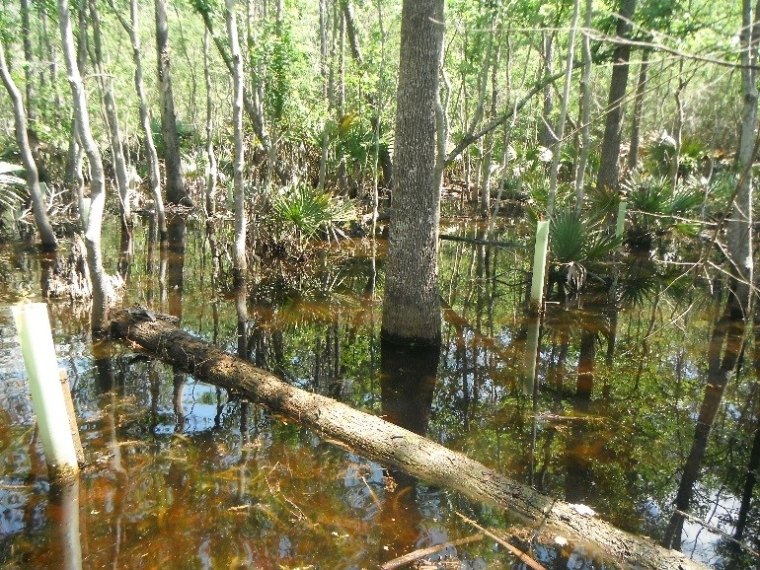
Freshwater Mussel Survey and Aquatic Resource Relocation Plan
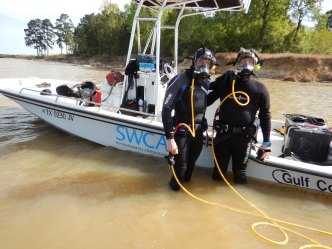
As part of the TWDB environmental review and agency coordination, the Texas Parks and Wildlife Department (TPWD) required that the City of Houston perform a freshwater mussel survey to detect the presence/absence of state-listed freshwater mussels within the project area. Specifically, the provision necessitated that all native freshwater mussels detected within the project area be collected and relocated to a nearby suitable location in Lake Houston.
SWCA prepared and implemented an aquatic resource relocation plan (ARRP) for surveying and relocating freshwater mussels from the project area. The ARRP was submitted to and approved by the TPWD. Also, as required by the TPWD for relocation projects, SWCA applied for a Permit to Introduce Fish, Shellfish, or Aquatic Plants into Public Waters. The permit was issued on March 22, 2019. SWCA conducted the native freshwater mussel survey and relocation, which was completed in May 2019. The 3.5-acre survey area extended from the lakeshore to areas with water depths of up to 25 feet. SWCA relocated 1,190 native freshwater mussels comprising 12 species from the project area.
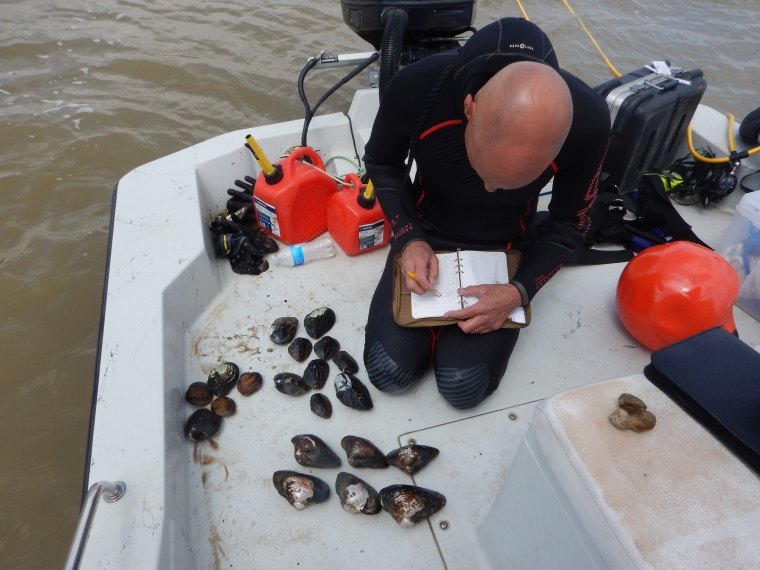
Challenges
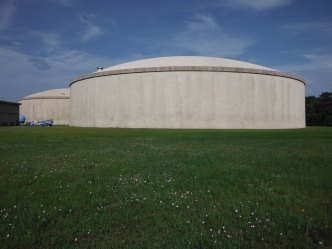
The survey area reached water depths up to 25 feet and posed significant challenges, including high winds and deep water with zero visibility. Additionally, structures in the survey area consisted of a 960-foot-long bridge and pier structure to support two proposed 108-inch-diameter water pipelines, a 229×122-foot water intake structure footprint at the furthest point from shore, and an approximately 17,500-square-foot barge access area. SWCA utilized snorkeling, hookah air system, and SCUBA to conduct the survey. An underwater communication system was used to allow divers to communicate with each other and surface contacts to safely conduct the survey.
